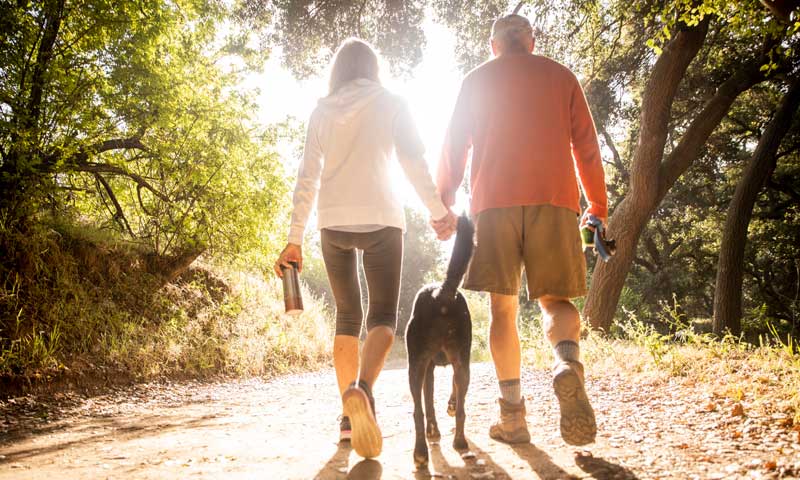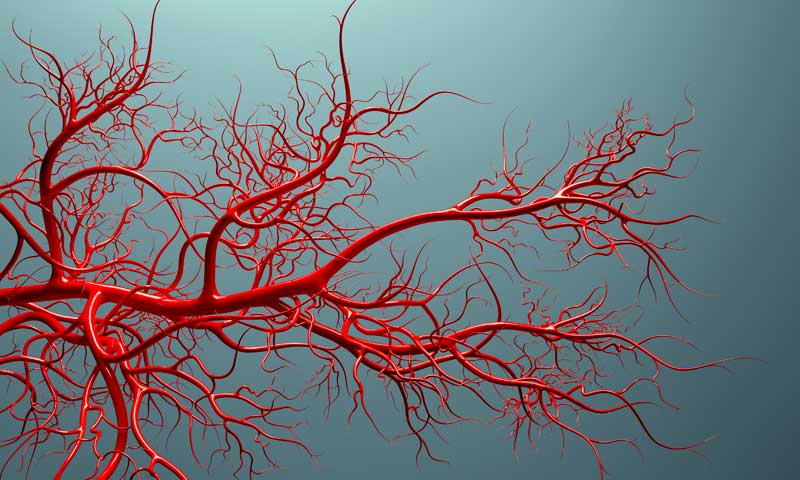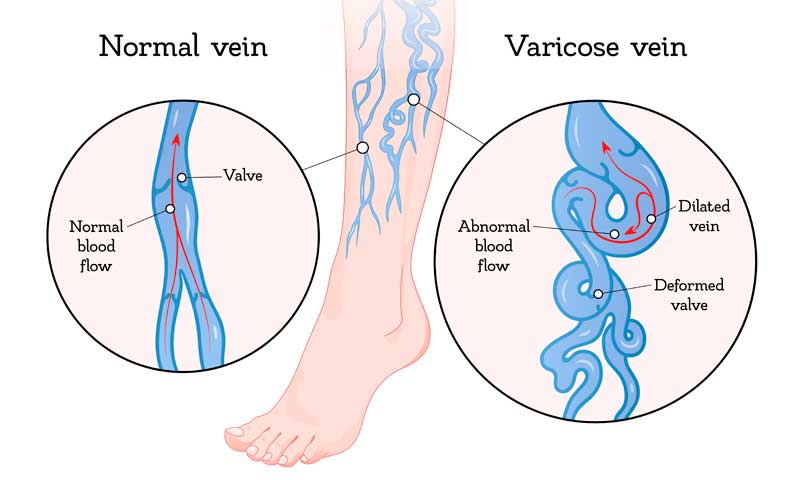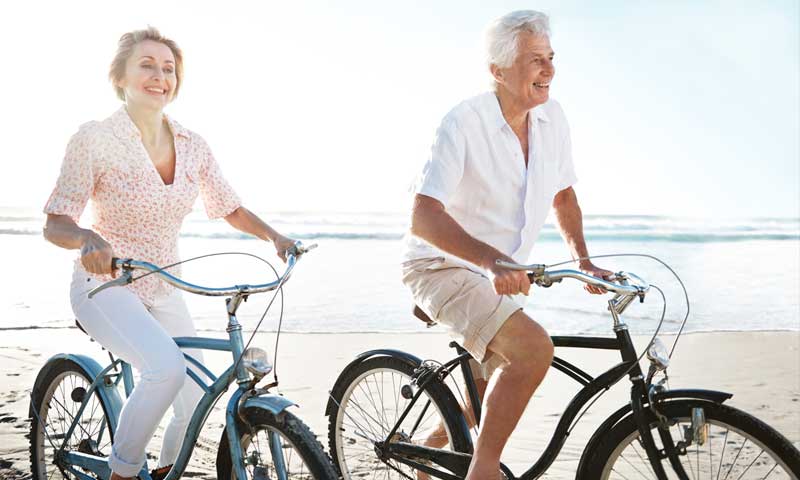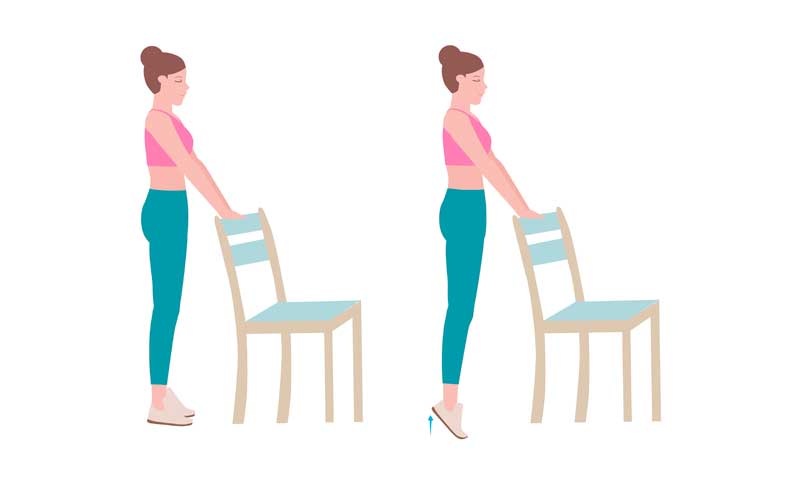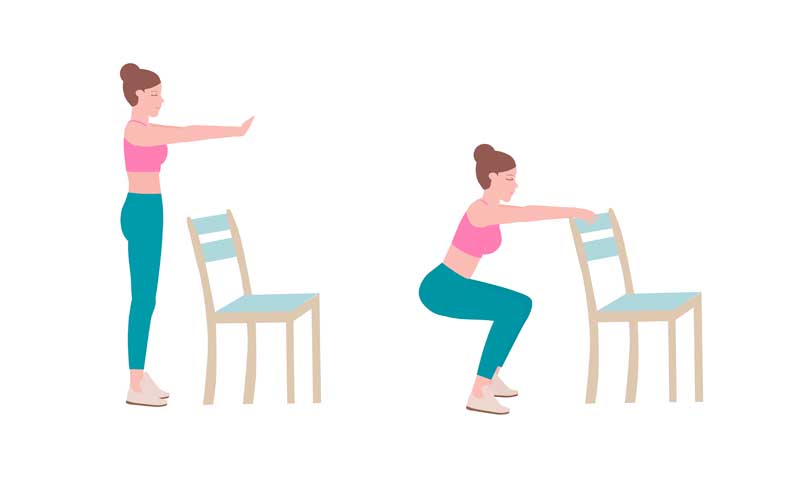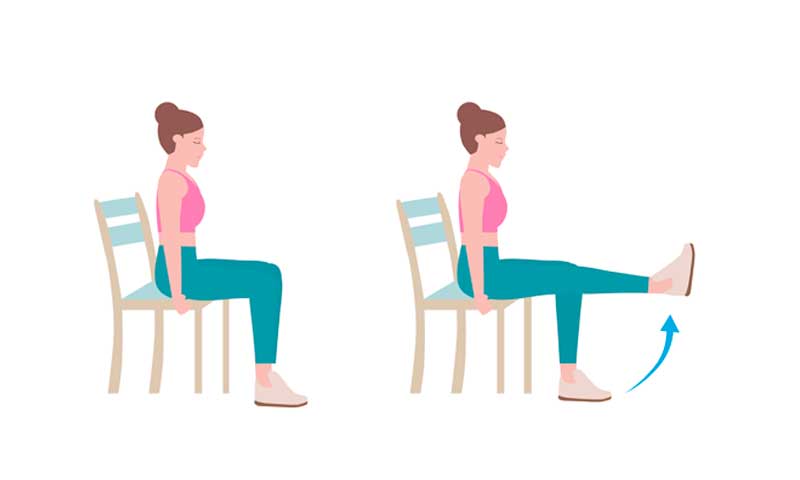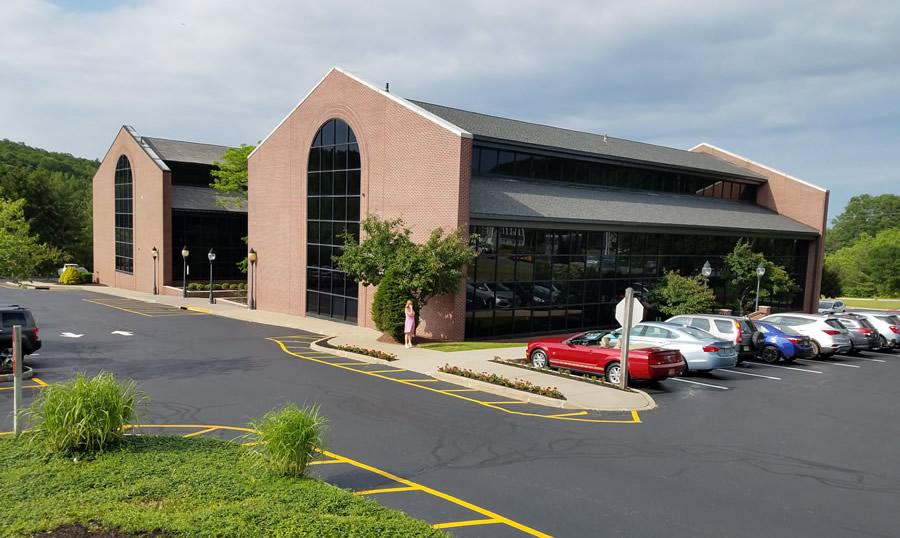In this blog we break down the connection between exercise and healthy veins. We’ll cover everything you need to know, including which exercises are best for you.
Exercise promotes a healthy body. It aids in strengthening your immune system, increases weight loss, and even improves mental health. But did you know exercising also promotes healthy veins?
Healthy veins have good blood flow. They provide proper circulation throughout the body.
The best way to promote quality blood flow is to move your muscles with exercise.
What Exactly Do your Veins Do?
Knowing about the anatomy of your veins is a vital part of staying healthy.
Going back to basic biology, blood flows through our bodies using veins and arteries. Your veins are vessels that transport blood to your heart, while your arteries carry blood away from it to your extremities.
Veins carry nutrients and water needed for your body to function. They also carry blood to the heart, where “old” blood receives a fresh supply of oxygen.
Healthy veins are able to keep the body infused with enough oxygenated blood. Unhealthy veins do not function as well and allow blood to pool.
When blood does not flow properly, it causes a backup of blood in veins. This pooling enlarges veins and pushes them near the surface of the skin.
Learn more about varicose veins causes, symptoms, and treatments.
How to Recognize Unhealthy Veins
Varicose veins, or bulging veins, are common in both men and women. In fact, around 23% of the American population has bulging veins.
Varicose veins alone are not life-threatening but can be extremely uncomfortable. Common causes of varicose veins include heredity, lack of activity, and age.
Women who are menopausal can also have an increased risk of varicose veins due to hormonal changes.
Symptoms of vein issues can include leg fatigue, cramps or aches, and swollen feet or ankles. If you have any of these symptoms, it could be an indicator of poor vein health or a vein condition.
The good news is you can manage these symptoms with daily exercise. But always talk to your physician before starting if you have underlying health issues.
How Does Exercising Promote Healthy Veins?
Regular exercise prevents obesity and harmful weight gain. Being overweight puts more stress on veins and valves in our bodies. This forces our veins to work harder to keep blood flowing.
Obesity also weakens the heart muscles and can reduce the flow of oxygenated blood. This all adds up to a poor circulatory system and can lead to more serious health issues.
Exercise promotes healthy veins by stimulating the flow of blood. As mentioned above, good blood flow is necessary for our bodies to perform – so get up and move!
What Kind of Exercises Are Good for Veins?
Exercises that involve your legs are the most effective for vein health. They stretch your muscles to make blood flow upward towards the heart.
Finding simple ways to improve circulation will benefits your whole body, not just your veins.
If you are one of the 23% who suffers from bulging veins, ditch the heavy lifting. You should avoid exercises that put too much pressure on your body and veins. Lifting weights can increase pressure on veins that are already stressed and bulging.
Instead, you should aim for moderate exercises that use the calf and thigh muscles. These are great for enhancing blood flow to and from the lower and upper half of your body.
Walking, bicycling, and swimming are the best physical activities to reduce vein pressure.
Here are a few other easy-to-do, vein-promoting exercises to try at home:
Butt-Kick
While standing in place, raise your heel to reach your buttocks. Try “kicking” your butt every few seconds while alternating between legs. Do this for 30 seconds to a minute a few times a day.
This exercise strengthens thigh and buttock muscles that support blood flow.
To increase the impact of this exercise, jog in place while completing repetitions.
Calf Stretch
Stand behind a kitchen table chair and grab onto the back to keep steady. Lift yourself using only your toes.
Hold that position for five seconds, and then lower yourself down. Try doing 15 to 20 raises in a row before taking a break.
Toe lifts
Start by sitting in a chair or on the floor, with your feet flat on the ground. Lift your toes up, just your toes not your whole foot.
As you’re lifting your toes, try to get them all to the same height if possible. Hold this position for 5 seconds, then lower your toes.
Repeat 10 times on each foot or do both feet together.
Squats
From a standing position, lower your body like you are going to sit down. Once you have reached a seated position, use your leg muscles to resume standing.
If you have balance issues, you can do squats against a wall for added support.
Lunges
Start in a standing position, with legs shoulder-width apart. Step forward with one foot until your leg reaches a 90-degree angle.
Then lift your front lunging leg to return to the starting position.
Repeat in this position for more reps, or change legs between each rep.
Leg lifts
Leg lifts allow blood to move from your feet towards your hips.
Sit or lie on your back with your legs straight out. If you prefer to stay off the floor, sit in a chair with your feet flat. Slowly lift one leg and hold it in the air for at least five seconds before lowering back down. Repeat the exercise with your other leg.
Bicycle legs
Lie on your back and raise your feet in the air, bending your legs at your knees. Pedal your legs as if you were riding a bicycle.
You can also do this exercise one leg at a time, alternating legs between sets.
Yoga Stretches
Yoga benefits the cardiovascular system. It is the perfect low-impact workout for our bodies. It doesn’t put pressure on our veins or joints which makes it ideal for all.
Stretches like downward-facing dog, chair pose, and warrior pose are great for veins.
NJVVC Vein Services
Your health and well-being rely on the health of your veins and arteries. At New Jersey Vein and Vascular Center, we commit ourselves to personalized patient care and good vein health. Our vein center maintains the highest standards and advances in the field of vein and vascular care.
Schedule a consultation appointment with a certified vein doctor. Learn more about varicose vein removal in NJ with our experts. Contact us today!

